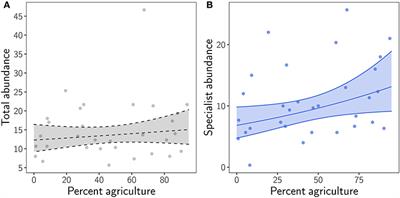EDITORIAL
Published on 11 Jan 2022
Editorial: Theoretical Approaches to Community Ecology
doi 10.3389/fevo.2021.824432
- 2,716 views
- 1 citation
15k
Total downloads
94k
Total views and downloads
EDITORIAL
Published on 11 Jan 2022
ORIGINAL RESEARCH
Published on 29 Oct 2021
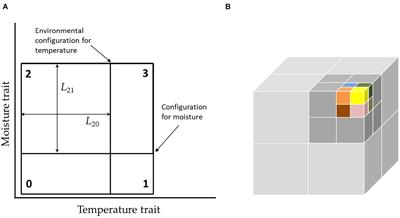
ORIGINAL RESEARCH
Published on 02 Aug 2021
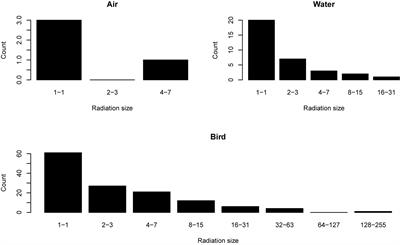
ORIGINAL RESEARCH
Published on 24 Jun 2021
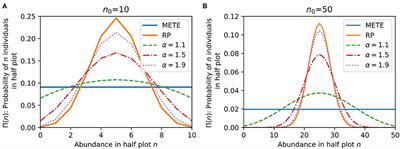
ORIGINAL RESEARCH
Published on 26 May 2021
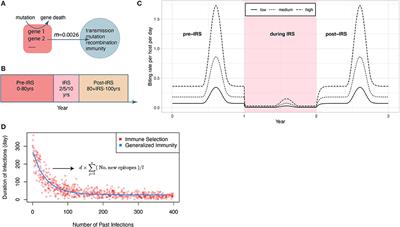
ORIGINAL RESEARCH
Published on 23 Apr 2021
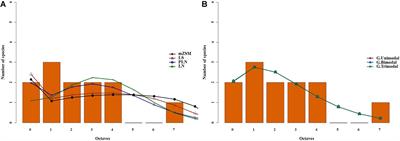
ORIGINAL RESEARCH
Published on 07 Apr 2021

BRIEF RESEARCH REPORT
Published on 29 Mar 2021
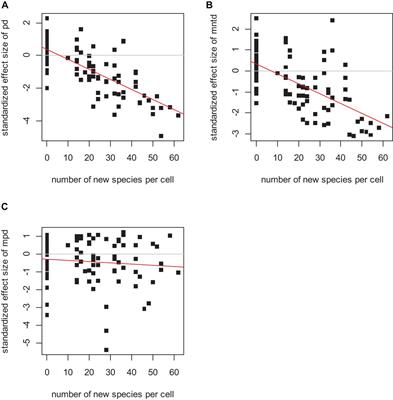
ORIGINAL RESEARCH
Published on 19 Mar 2021
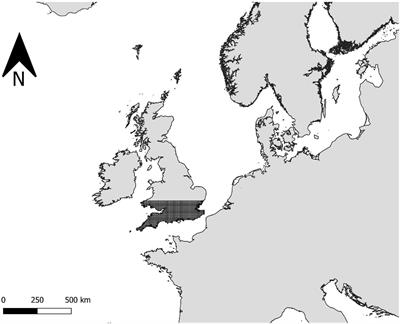
ORIGINAL RESEARCH
Published on 22 Feb 2021
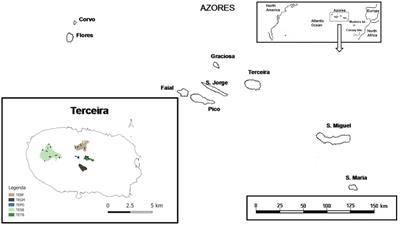
ORIGINAL RESEARCH
Published on 18 Feb 2021
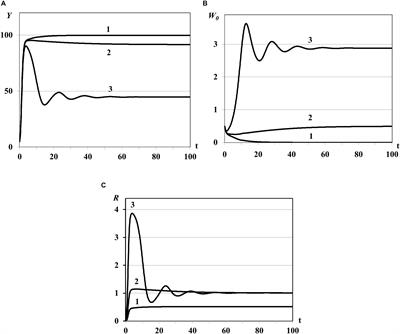
ORIGINAL RESEARCH
Published on 14 Jan 2021
